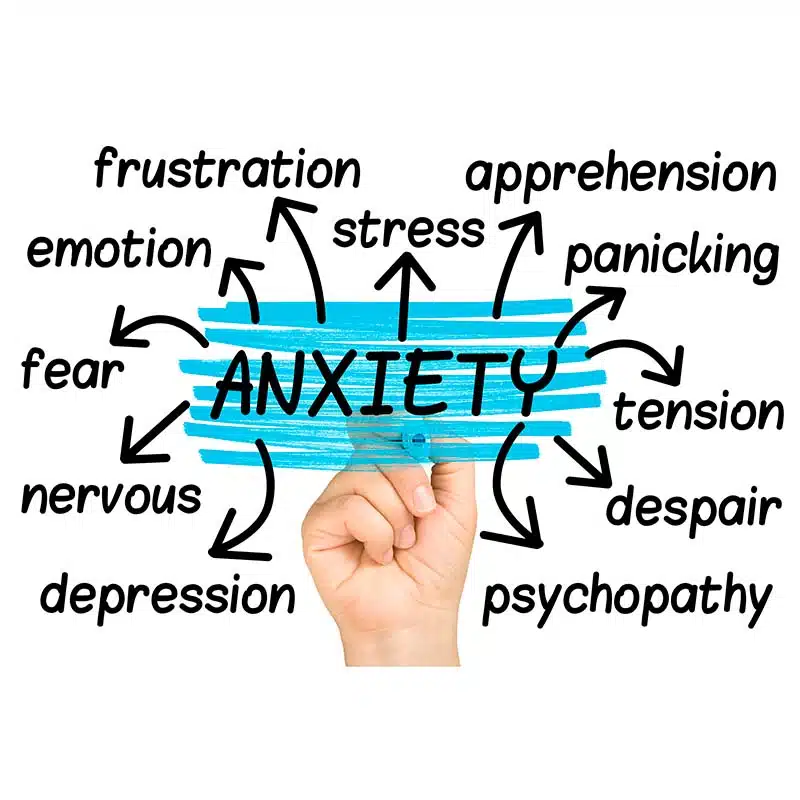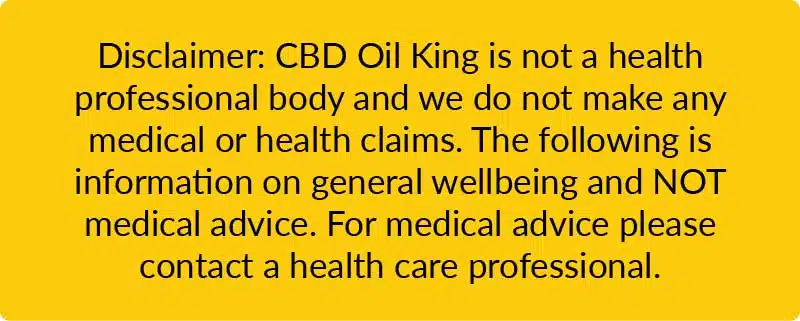

Do you suffer from bouts of uncontrollable worry and fear? Are these feelings interfering with your ability to live life fully and joyfully? If so, don't be alarmed; you are not alone. Anxiety is one of the most common mental health conditions affecting people today. It can feel like a heavy blanket hangs around the shoulders, making activities difficult if not impossible. But it doesn't have to be this way! In this blog post, we'll explore what anxiety is (from causes to symptoms), helpful tips for managing and coping with it, as well as some resources for finding support when needed – all in order to give yourself permission to start living again on your own terms. So let's dive right into Anxiety 101!
Anxiety is a complex mental health condition that is defined as an abnormally intense or persistent state of unease and worry. It can manifest in both physical and emotional symptoms that can be incredibly disruptive to one's daily life. In terms of its effects on the mind and body, anxiety can impair logic, reasoning capacity, communication skills, and lead to poor decision making. On the physical side, it often causes sleeplessness, appetite changes, muscle tension, excessive sweating, racing heartbeat, dizziness or nausea. For many people suffering from anxiety, these symptoms can become so severe that they make it difficult to engage with their daily activities or social circles. It is therefore hugely important for those struggling with anxiety to seek help from a medical professional in order to lower their risk of making the condition worse.
Anxiety is an incredibly common mental health issue, and yet its causes are still being explored. It's thought to be caused by combinations of both external and internal factors, such as stress, genetics, trauma and more. Stress is often seen as the most common factor, with people feeling overwhelmed or excessively worried about events in their life, such as a high pressure job or difficult family dynamic. Genetics may also be at play – some people appear to have an increased chance of experiencing anxiety due to their biological makeup. Traumatic events can also contribute to anxiety; for example when someone has experienced a traumatic event or a physical injury which leaves lasting effects on them. Finally, other possible causes may include changes in chemical levels in the brain related to hormones or overuse of medications that affect these levels. With so many potential root causes, it's important for people suffering from anxiety to get help from a qualified mental health professional who can identify and address the specific sources of difficulty in their individual case.
Anxiety is a difficult state of mind to live with, as it can affect an individual's every waking moment. It may manifest in numerous ways, such as panic attacks, which cause feelings of immense distress; physical symptoms such as sweating or trembling; and difficulty concentrating on tasks or conversations. While anxiety is unique to each individual, understanding the different signs and symptoms that indicate its presence can help those living with this feeling seek the right kind of support. Once identified, many people feel empowered knowing they are braving their own experiences and tackling their inner struggles head-on.
Anxiety disorders can affect the lives of those suffering from them in myriad ways, and there are various types of anxiety disorders. Generalised Anxiety Disorder (GAD) is characterised by extreme worry lasting for a period of six months or longer. Social Anxiety Disorder (SAD) involves an intense fear or impending doom associated with social situations. Post-Traumatic Stress Disorder (PTSD) is often caused by a traumatic event and symptoms can range from flashbacks to an overwhelming need to avoid anything that reminds the person of their traumatic experience. Although different in nature, all these conditions have one thing in common - they can have serious impacts on the life of a person with an anxiety disorder, including impacting their physical, mental and emotional health. Therefore, it's important to become aware of each type of anxiety disorder so that those affected may receive the help they need in order to lead happier and more fulfilling lives.
Cannabidiol (CBD) has emerged as a promising compound with multiple benefits. CBD offers a natural and non-addictive a way to improve overall mental health and function. CBD can be taken in many forms from powders, edibles, tinctures and vaping. CBD hemp vape complete starter kit and anxiety are talked about together quite a lot, so much so that it has come to a point where Cannabidiol pens are also called anxiety pens. Cannabidiol studies have demonstrated that CBD is potentially effective at reducing the severity of many common forms of anxiety, such as social anxiety disorder, post-traumatic stress disorder, obsessive-compulsive disorder, panic disorder and general anxiety. While more research is needed to fully understand the therapeutic benefits of CBD balm and CBD muscle balm, it is clear that this natural remedy could be an invaluable asset for suffering individuals.


This article is authored by Dr Casey Abrahamsmen. Dr Abrahamsmen is a board certified physician with over 13 years of experience in internal medicine and pain management. He practises Palliative care at a hospital in Venezuela and is a strong advocative for CBD and believes CBD has a major role to play towards healthy non addictive pain management habits. You can read more about Dr Abrahamsmen here.
This article was peer-reviewed by Dr M Mansoor Siddique (PhD). Dr Siddique has over eight years of experience working with CBD and CBD products.
Disclaimer: All of our products are not intended to diagnose, treat or cure any disease. It is recommended to check with doctor before starting a new dietary supplement program. All CBD products sold have less than 0.2% THC content and abide by both EU an UK law.